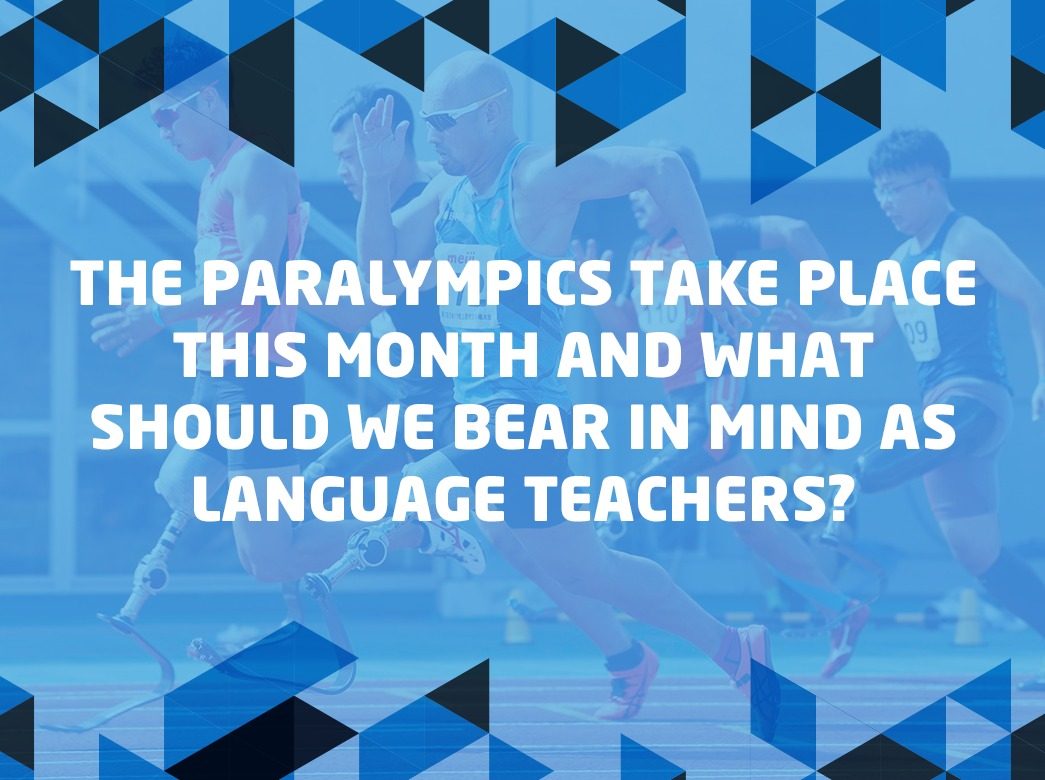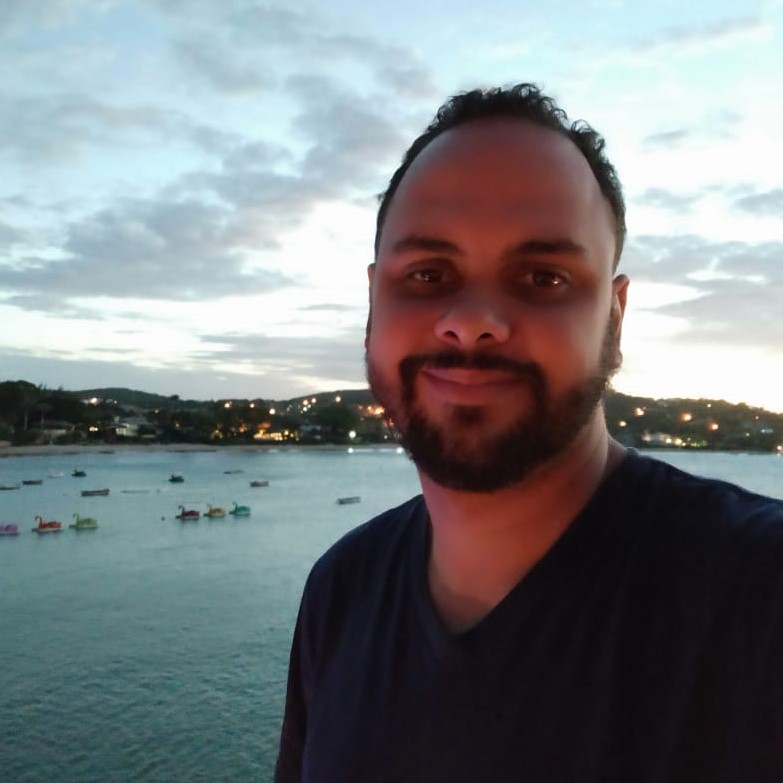
The Paralympics take place this month and what should we bear in mind as language teachers?
The 2020 Paralympics will take place in Tokyo this August 25th and we will once more be amazed with all those athletes overcoming their disabilities and pushing their limits to win olympic medals. It is probably due to this willpower and the admiration it causes that the paralympics have grown so much since its first edition in Tokyo, in 1964. Stories of dramatic victories, of tryumph over hard obstacles have always called a lot of attention, but do we know what it takes to succeed in spite of major difficulties posed by disabilities? The paralympics should always raise this issue which we could summarize as a more comprehensive one: inclusive education.
There is no room for doubt that it is extremely challenging for a person to swim for 200m without a leg or an arm, let alone achieve extremely high performance in it! Our conventional narrative which turns sports people into heroes (and to some extent this is fair) makes emphasize the individual merit of that athlete and we might end up missing the context that makes that individual merit possible. One could name many aspects such as government incentive, infra-structure, sponsorship. I would like to point out one of them specifically: their access to an effective learning process.
While watching the paralympics, one will notice that some sports have, of course, adapted rules, even different fields or courts. However, one thing should be said: football remains football, swimming remains swimming, running remains running (and the tracks are pretty much the same as the ones from the traditional Olympic games). Now I want you to imagine vision impaired person being introduced to the rules of football. Objective remains the same, to score goals, but how?
The adapted rules do not only make it possible for a disabled person to simply perform the actions required in the sport. They make teaching and learning possible. The rules, the equipment enable the work of a coach that will eventually develop a language to develop the learning of that sport for that audience. Then we are not talking about football for disabled people. It is still football, a goal feels the same, victory feels the same. It is just taught and shared from a new approach. That allows us to say that those disabled players play football and that is it.
Without this renovated teaching and learning process, without a different context, paralympic athletes would never find out they are able to perform so highly in sports, and probably in their lives. They would be underachievers and this word could sound extremely cruel if not appropriately explained. Once we find conditions to perform a task we discover our potential to do it. In a world which denies those conditions, we will simply believe we have no potential and our culture consolidated the belief that disabled people have low potential and excellency should not to be expected.
However, excellency can be expected if we understand there is a shape of excellency for each individual, considering their characteristics and needs. Fair rules and adapted learning systems motivate people in general and that is the same regarding disabled people. If context enables them to perform, they achieve higher and will seek for that.
That is where I would like to refer to language teaching. Students with learning disabilities face the same challenges as mentioned above. And they will react better to better method and to an adjusted concept of what is excellent. It is still language but it requires a new approach. This is the idea that governed the Project Disabled Access Friendly, a volunteer campaign that provides English language teachers (ELT) with a large bank of free, downloadable, lessons plans, covering all learner levels and age ranges in a wide variety of forms. These resources are unique because besides focusing on linguistic aims, thematically, they focus on raising awareness about mobility disability.
You can get to know it here: http://www.disabled-
accessfriendly.com/index.php?option=com_content&view=article&id=181&Itemid=1680









